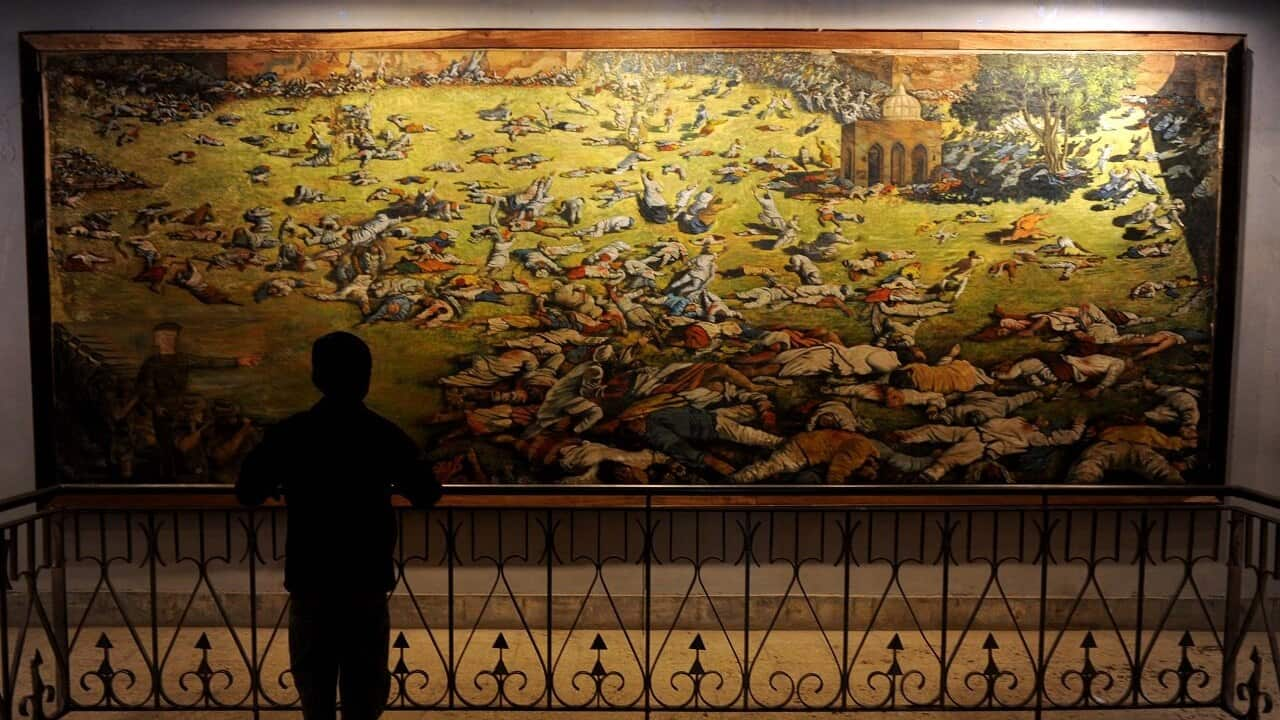The Jallianwala Bagh massacre, as it is known in India, saw British troops fire on thousands of unarmed people in Amritsar on April 13, 1919.
The number of casualties is unclear, with colonial-era records showing about 400 deaths, while Indian figures put the number at closer to 1,000.
Former British prime minister David Cameron described it as "deeply shameful" in a visit to the northern Indian city in 2013 but stopped short of an apology.
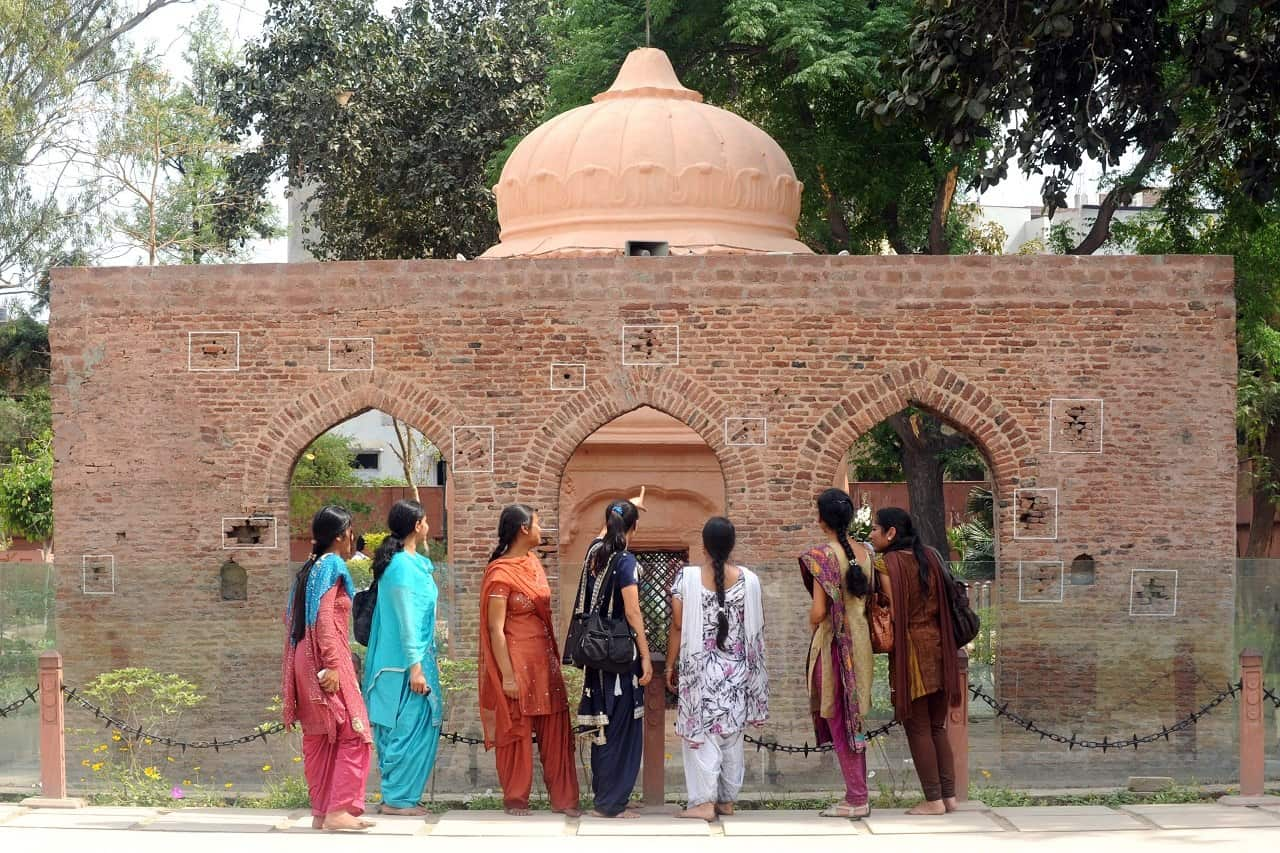
In 1997, Queen Elizabeth II laid a wreath at the site but her gaffe-prone husband Prince Philip stole the headlines by reportedly saying that Indian estimates for the death count were "vastly exaggerated".
This week, British Prime Minister Theresa May told the House of Commons that the massacre was "a shameful scar on British Indian history."
"We deeply regret what happened and the suffering caused," May said, but she, too, avoided saying she was sorry.
Amarinder Singh, the chief minister of Punjab state, said May's words were not enough.
He said "an unequivocal official apology" is needed for the "monumental barbarity." Singh made his comments on Twitter, where pictures showed him greeting opposition Congress party leader Rahul Gandhi in Amritsar on the eve of the centenary.
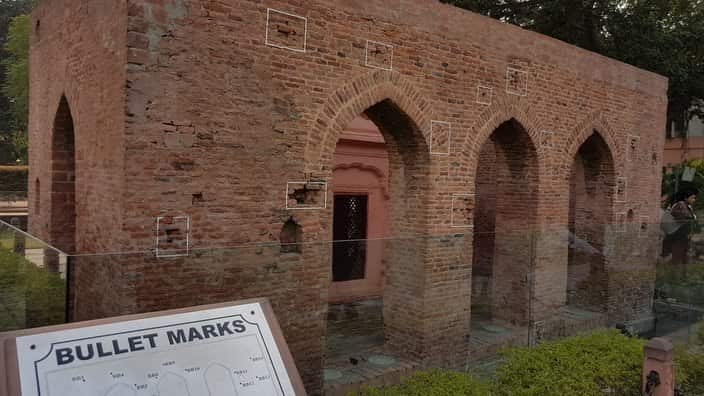
Singh said thousands attended a candle light march Friday in memory of the victims.
It was unclear if there would be a British representative at Saturday afternoon's ceremony at the massacre site.
High walls
Around 10,000 unarmed men, women and children had gathered in the Jallianwala Bagh walled public garden in Amritsar on the afternoon of April 13, 1919.
Many were angry about the recent extension of repressive measures and the arrest of two local leaders that had sparked violent protests three days before.
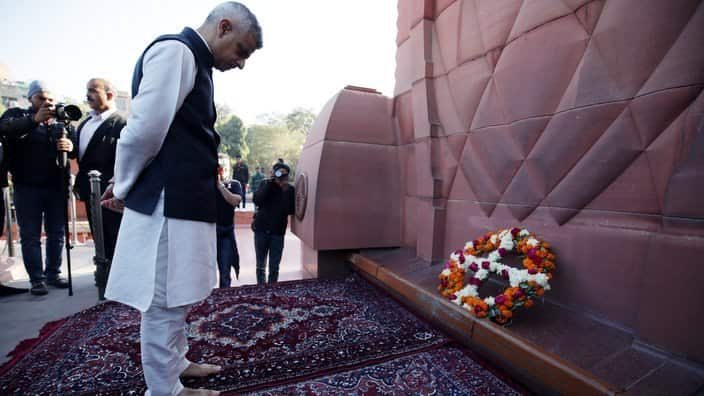
The 13th of April was also a big spring festival, and the crowd -- estimated by some at 20,000 -- included pilgrims visiting the nearby Golden Temple sacred to Sikhs.
Brigadier General Reginald Edward Harry Dyer arrived with dozens of troops, sealed off the exit and without warning ordered the soldiers to open fire.
'An episode which appears to me to be without precedent or parallel in the modern history of the British Empire,' Winston Churchill, 8th July 1920
Many tried to escape by scaling the high walls surrounding the area. Others jumped into an open well at the site as the troops fired.
One of several eyewitness accounts compiled by two historians and published in the Indian Express newspaper this week described the horror.
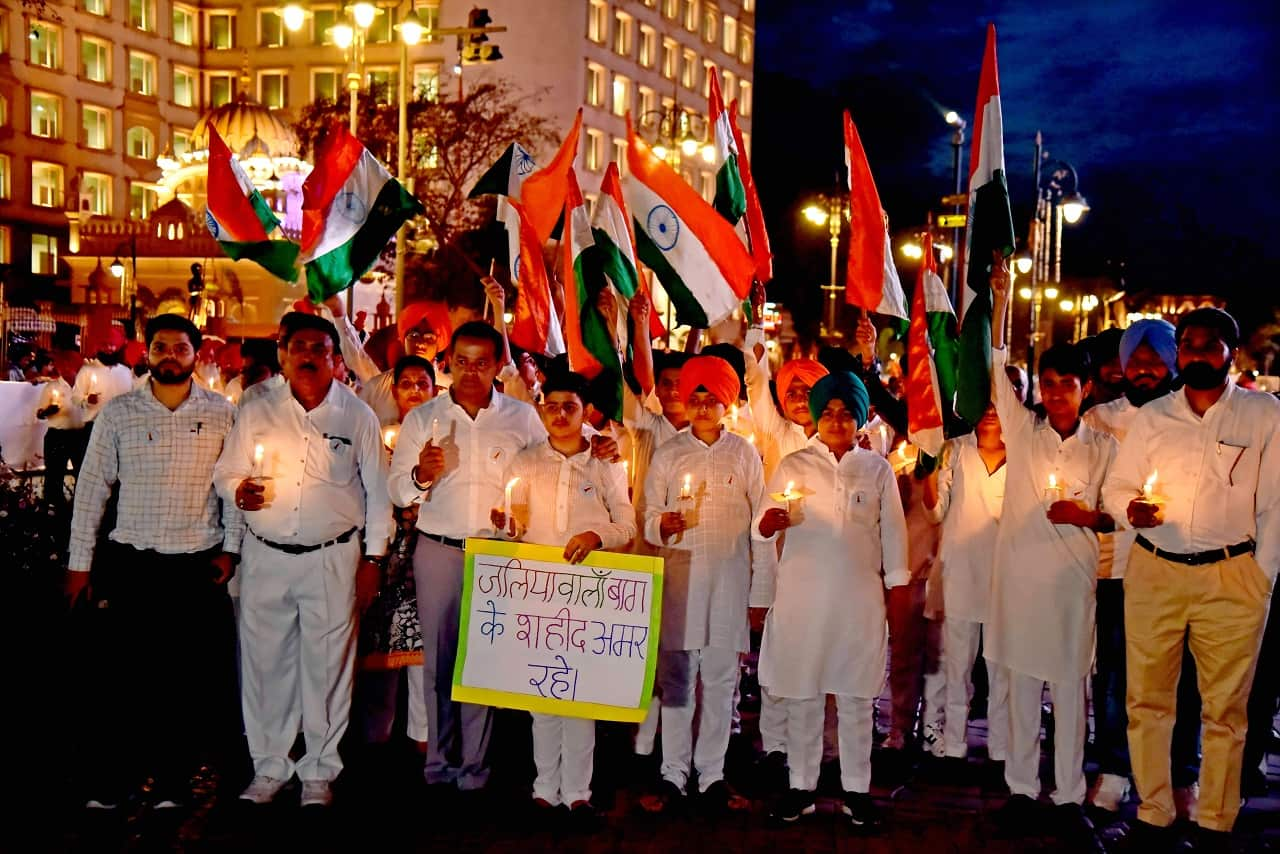
"Heaps of dead bodies lay there, some on their backs and some with their faces upturned. A number of them were poor innocent children. I shall never forget the sight," said Ratan Devi, whose husband was killed.
'Monstrous'
"I was all alone the whole night in that solitary jungle. Nothing but the barking of dogs, or the braying of donkeys was audible. Amidst hundreds of corpses, I passed my night, crying and watching," she said.
Dyer, dubbed "The Butcher of Amritsar", said later it was a necessary measure, and that the firing was "not to disperse the meeting but to punish the Indians for disobedience."
Indian newspapers this week repeated their calls for an apology for a massacre that Winston Churchill, then secretary of state for war, called "monstrous".
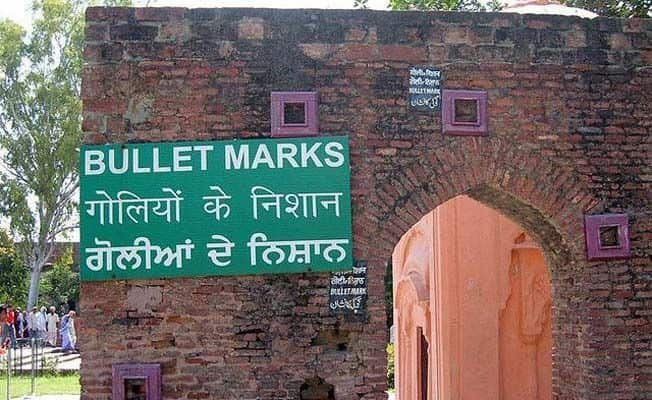
"Over the years, there has been a growing demand from many, including several British historians, and parliamentarians, and Indian political parties, for the British government to formally apologise in Parliament and commemorate the Jallianwala Bagh massacre with a memorial day," the Hindustan Times said in an editorial.
"But even in the centenary year of the massacre, Britain has refused to... take that important step," it said. May's statement was "perhaps qualitatively a notch stronger... but is far from enough."
